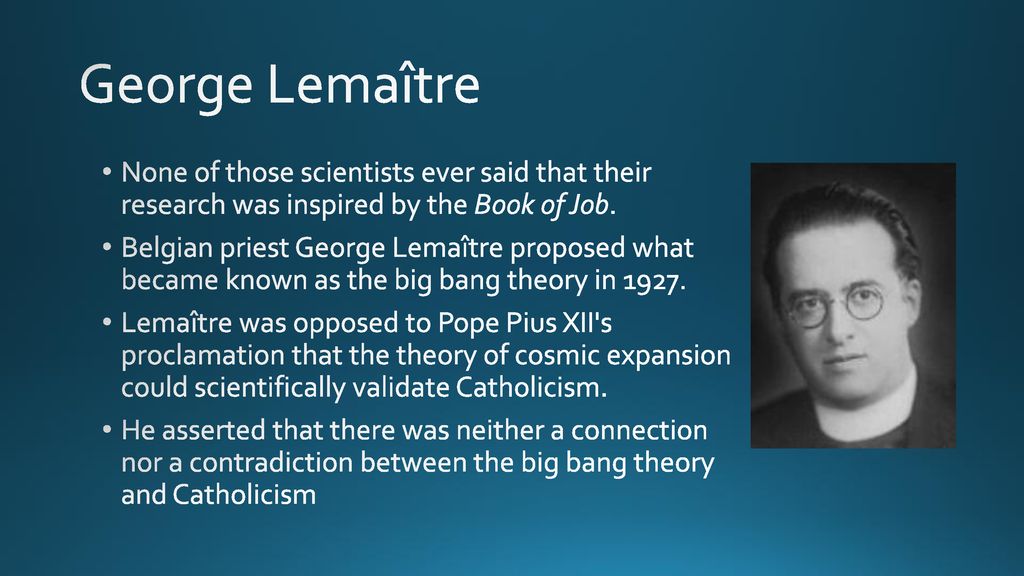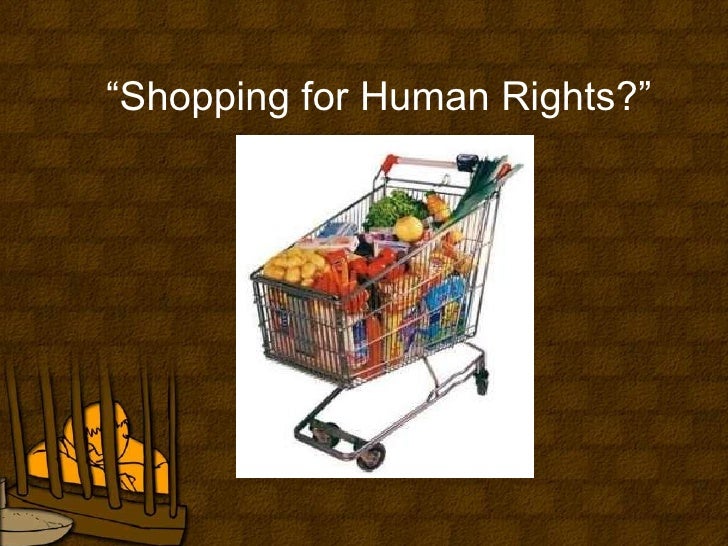Rest is leaving what we consider toil and difficulties in daily life and do what we ordinarily would want to do if we had the time. We are searching for healing and often see it as emptiness. In this situation, the work we did for pay is now exchanged for fun. But does this type of enjoyment give us rest? Pope Francis says strongly it will not.
"Today’s society thirsts for amusement and holidays. The entertainment industry is really flourishing, and advertising portrays the ideal world as one great amusement park where everyone has fun. The prevailing concept of life today does not have its center of gravity in activity and commitment but in escapism. Earning money to have fun, to satisfy oneself. The model is the image of a successful person who can afford ample room for diverse forms of enjoyment. But this mentality makes one slip toward the dissatisfaction of a life anesthetized by the fun that is not resting, but alienation and the escape from reality. Man has never rested as much as today, yet man has never experienced as much emptiness as today! Opportunities to amuse oneself, to go out, cruises, travel; but many things do not give you the fullness of heart. Indeed: they do not give you rest" (Sept 5, Audience 2018).
It is precisely here that we have toxicity. This state is always asking for more, more stimulus, and pleasure will demand more possessions. This is looking for the quick fix and once the stimulus subsides the return to the present is difficult and we have emptiness and apathy. Rest fails to give what is wanted and we have the vicious circle.
"Peace is chosen; it cannot be imposed and it is not found by chance. Distancing himself from the bitter wounds of his heart, man needs to make peace with what he is fleeing from. It is necessary to reconcile oneself with one’s own history, with facts that one does not accept, with the difficult parts of one’s own existence. I ask you: is each of you reconciled with your own history? A question to ponder: Am I reconciled with my own history? True peace, in fact, is not about changing one’s own history but about welcoming it and valuing it, just as it has unfolded" (Sept 5, Audience).
"When does life become beautiful? When we begin to think well of it, whatever our history. When the gift of a doubt makes its way: that all is grace, and that holy thought breaks down the inner wall of dissatisfaction, giving way to authentic rest."
When God becomes the center of our life and God becomes established in our lives, then with rest we will find peace. It is only resting in God we will rid ourselves of stress and what we considered toil and adversity which we found in our daily life will no longer be areas of avoidance, but rather find God's mercy and blessings.
Pope Francis spelled out what true rest is and we can measure it by how beautiful we see human existence. When we can all participate in this confession than we have brought some of the joy of heaven down to earth. And we recite the first verse of Psalm 64 with new meaning: "In God alone, there is rest for my soul."










